Federal Legislative update
Posted almost 4 years ago by Michelle Wade
Funding Bill Sent to President for Signature
Last week, both the House of Representatives and the Senate passed H.R. 2471, the Consolidated Appropriations Act, 2022, which appropriates $1.5 trillion in discretionary funding for the federal government through September 30, 2022. Funding highlights from the bill include:
- $280.472 million for Title VIII Nursing Workforce and Development Programs, an increase of $16 million.
- $31.7 million to continue supporting grants to expand the number of nurse practitioners (NPs), PAs, health service psychologists and social workers trained to provide mental and substance use disorder services in underserved community-based settings, as authorized under Section 760 of the Public Health Service Act (PHS) Act.
- $24 million for the Substance Use Disorder Treatment and Recovery Loan Repayment Program, an increase of $8 million.
- A $50 million increase for health disparities research.
- $44.959 billion for the National Institutes of Health (NIH), including $496 million from the 21st Century Cures Act, an increase of $2.250 billion.
- $180.862 million for the National Institute of Nursing Research (NINR), an increase of $5.905 million.
- $97.5 billion for funding for medical services through the Department of Veterans Affairs, an increase of $7.5 billion.
H.R. 2471 contains several telehealth waiver extensions and other provisions. For Medicare beneficiaries, the bill authorizes a 151-day extension after the expiration of the Public Health Emergency (PHE) for:
- Waiving geographic and original site limitations and authorizing occupational therapists, physical therapists, speech-language pathologists and audiologists (all of whom have to be qualified Medicare providers) to furnish telehealth services.
- Extending the flexibility for Rural Health Clinics and Federally Qualified Health Centers (FHQCs) to be “distant sites.”
- Delaying the in-person visit requirement for telehealth mental health services; continuing the use of audio-only telehealth services; and authorizing the face-to-face requirement prior to recertification of hospice services to be provided via telehealth.
The bill includes a provision to extend the safe harbor that allowed employers and health plans to provide pre-deductible coverage of telehealth services for individuals with a high deductible health plan coupled with a health savings account until January 1, 2023, and it also includes a requirement that MedPAC issue a report to Congress on the expansion of telehealth services by June 1, 2023.
In addition to the allocations and waivers noted above, the bill also includes funding for opioid prevention and treatment, vaccines and pain management. The bill includes provisions to increase the number of nurses, including NPs, under the Sexual Assault Nurse Examiners Program as well as several funding provisions to train health care professionals, including NPs, on maternal health. The bill also included the VA Nurse and Physician Assistant RAISE Act, which would increase the pay grades for NPs and other various providers.
The President is expected to sign this legislation in the next few days, and the above provisions will become law.
In addition to the allocations and waivers noted above, the bill also includes funding for opioid prevention and treatment, vaccines and pain management. The bill includes provisions to increase the number of nurses, including NPs, under the Sexual Assault Nurse Examiners Program as well as several funding provisions to train health care professionals, including NPs, on maternal health. The bill also included the VA Nurse and Physician Assistant RAISE Act, which would increase the pay grades for NPs and other various providers.
The President is expected to sign this legislation in the next few days, and the above provisions will become law.
